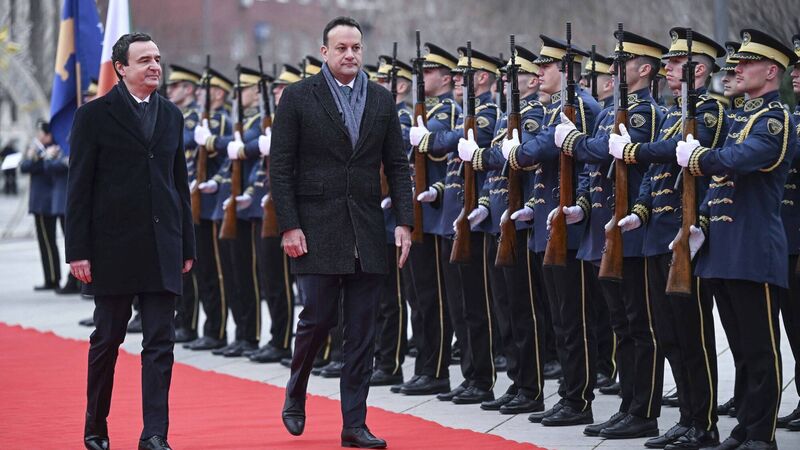Paul Hosford: Kosovo still has a long way to go

It took Ireland just 12 days to recognise Kosovo's 2008 autonomous declaration of independence 16 years ago.
While that act alone may not seem like much, it is worth remembering that nearly half of the UN and five EU members do not, to this day, recognise that Kosovo is a sovereign state, largely due to the fact that independence from Serbia had not been negotiated.













